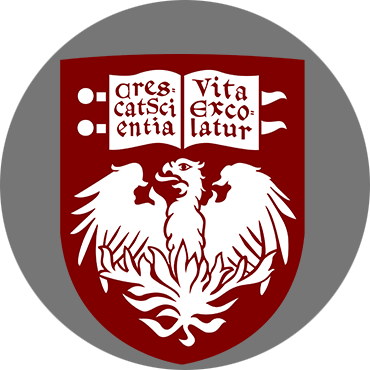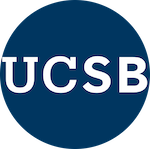Assistant Professor – Chicana and Chicano Studies, San José State University
The property
Assistant Professor - Chicana and Chicano Studies
Job no: 542017
Work type: Instructional Faculty – Tenured/Tenure-Track
Location: San José
Compensation: Commensurate with qualifications, experience, and rank as established by the CSU Salary Schedule.
See Benefits Summary for details about the CSU’s excellent employment benefits. Anticipated hiring academic year annual salary range: $86,000 - $90,000.
Target Start Date: August 2025
Application Deadline: December 10, 2024 (Applications accepted until filled or closed)
The Department of Chicana and Chicano Studies (CCS) at San José State University (SJSU) seeks qualified applicants for an Assistant Professor with training in Chicana/o Studies or a related discipline in the Humanities or Social Sciences. We especially welcome scholars who specialize in Critical Latinx Indigeneities, Central American Studies, or AfroLatinx Studies.
Since 1968, CCS at SJSU has served students through interdisciplinary education based on principles of social justice. CCS curriculum prepares students to critically examine and address intellectual traditions and contemporary issues resulting from political, historical, economic, and cultural constructs of race, class, and gender, as they manifest in Chicanx and US Latinx communities. CCS at SJSU has the oldest Graduate Program in Chicana/o Studies in the United States, one of five Graduate Programs in Chicana/o Studies in California, and the only one north of Santa Barbara, California.
CCS offers three degree programs: A master’s degree with areas of specialization in Policy, Education, and Comparative Ethnic Studies; an undergraduate major with areas of specialization in Cultural and Creative Expression, Institutions and Community Engagement, and Transnationalism and Global Relations; and a popular undergraduate minor that draws students from across the university. Alumni have careers in teaching, social services, public policy, health care, government, and nongovernment organizations in community service. Additionally, many alumni pursue advanced degrees in Education, History, Social Work, and Humanities fields.
SJSU is committed to growing Ethnic Studies across the university. In 2018, the Ethnic Studies Collaborative (ESC) launched, bringing together faculty, staff, and students to promote research and leadership contributions of SJSU's Ethnic Studies programs and departments. The ESC includes the Department of Chicana and Chicano Studies, Department of African American Studies, and the Programs of Asian American Studies and Native American and Indigenous Studies. The ESC serves as a nexus for Ethnic Studies faculty, student, and community collaboration at SJSU. The ESC supports Ethnic Studies curriculum and co-curricular projects that address issues of settler colonialism, racial capitalism, immigration, and structural racism that impact the lived experiences of several populations in the United States and Americas, more broadly. With a focus on the comparative histories and experiential knowledge of marginalized racial and ethnic groups in the United States, the ESC plays a key role in the implementation of AB 1460, the CSU graduation requirement in Ethnic Studies.
For a complete job description and to apply: https://jobs.sjsu.edu/en-us/job/542017/assistant-professor-chicana-and-chicano-studies
Equal Employment Statement:
SJSU is an Equal Opportunity Affirmative Action employer. We consider qualified applicants for employment without regard to race, color, religion, national origin, age, gender, gender identity/expression, sexual orientation, genetic information, medical condition, marital status, veteran status, or disability.
It is the policy of SJSU to provide reasonable accommodations for applicants with disabilities who self-disclose.
No Comments
Listing Location
Related listings




















Sorry, the comment form is closed at this time.